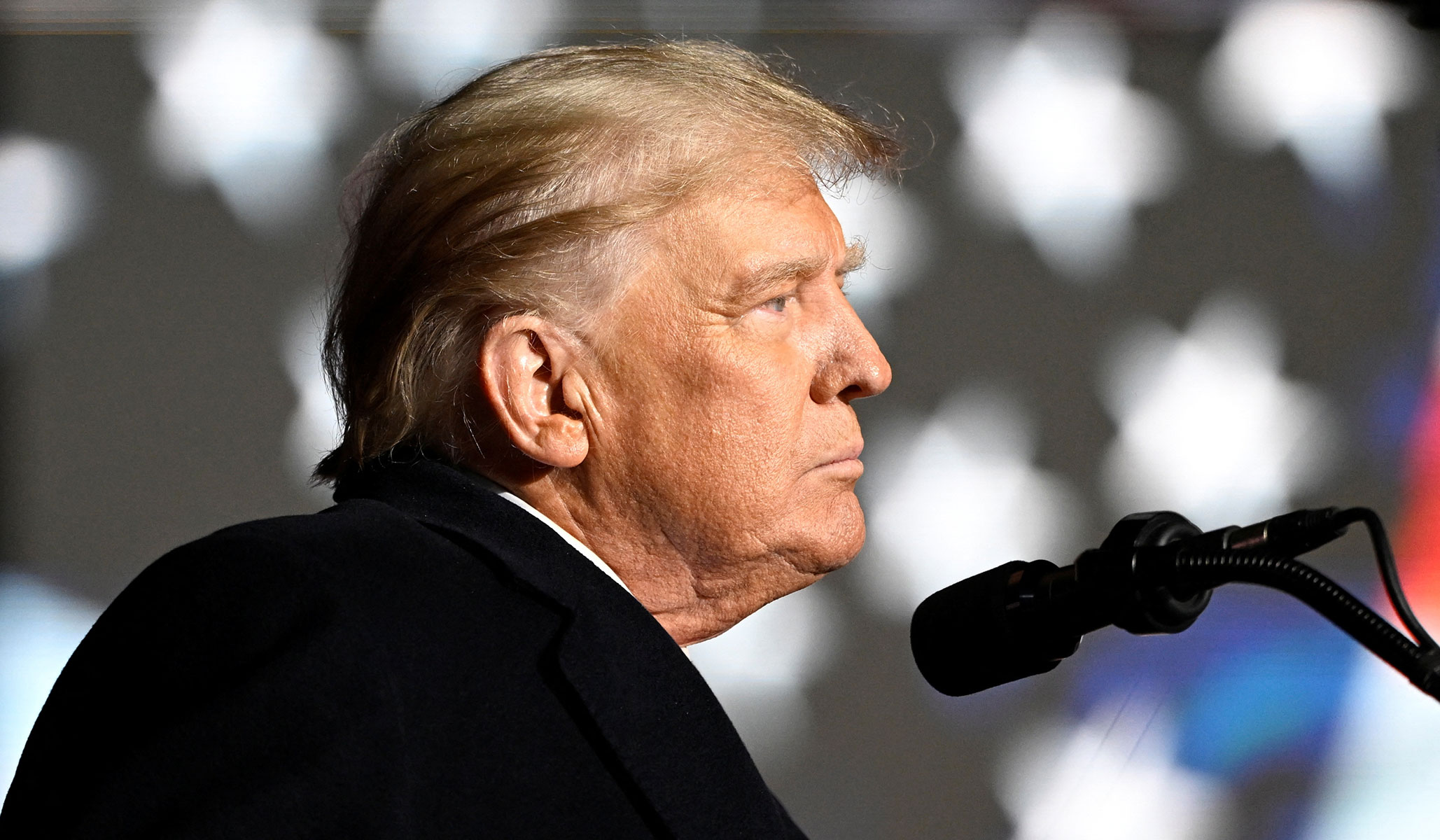


As Trump entered a not guilty plea in the local charges against him in New York, a federal appeals court dealt a legal blow to the former president in a separate case. Trump’s aides will have to testify in the federal January 6 probe, the U.S. Court of Appeals for the District of Columbia ruled.
On Monday night, Trump’s legal team asked the appeals court in an emergency bid to overturn a lower court ruling in favor of Jack Smith, the special counsel appointed by Attorney General Merrick Garland last November. Smith is looking into Trump’s alleged attempts to overturn the 2020 election as well as his handling of classified documents
In a sealed order in March, Judge Beryll Howard rejected the former president’s attempt to exert executive privilege to shield his aides from testifying. Trump’s team believe the conversations between a president and those close to him ought to be kept confidential. But now that Howard’s ruling has been upheld by an appellate court, aides like ex-chief of staff Mark Meadows and former director of national intelligence John Ratcliffe will have to answer questions from prosecutors.
Meadows in particular is viewed as having valuable information. He directed a number of White House meetings with GOP lawmakers and coordinated with officials at the Department of Justice and in Georgia. Additionally, former White House aide Cassidy Hutchison claimed in testimony that Meadows burned papers in his office “once or twice” a week, according to the Hill.
Monday night saw a flurry legal filings, CNN reported. Patricia Millett, Robert Wilkins and Greg Katsas sought a response from the Justice Department regarding Trump’s emergency bid. The Justice Department responded about two hours later. The Biden administration has repeatedly declined to assert executive privilege for the presidency related to Trump’s actions around January 6, 2021.
While Trump’s team has repeatedly and fervently criticized various courts for rejecting their attempts to exert executive privilege, the doctrine has limits that are often overcome in criminal proceedings.
A source told CNN that Trump’s team is unlikely to appeal to the Supreme Court for help.
In a separate case, former vice president Mike Pence lost his own attempt to avoid testifying regarding the conversations he had with Trump leading up to January 6. Federal judge James Boasberg ruled against him in a sealed order, but explained the former vice president can decline to answer questions related to his actions on January 6 itself. The vice president was serving in a legislative capacity as president of the Senate on that day. Pence exerted legislative privilege when he challenged Jack Smith’s subpoena.
Pence’s novel legal route was most likely chosen because of the limits of executive privilege and because protections afforded to legislators by Constitution’s speech or debate clause have remained mostly impenetrable.
